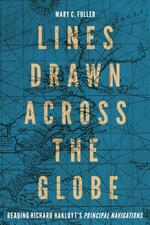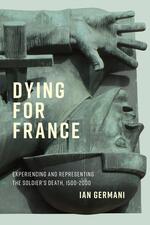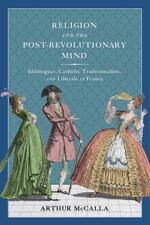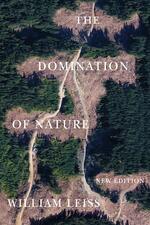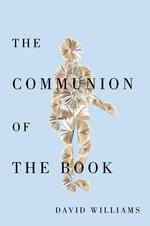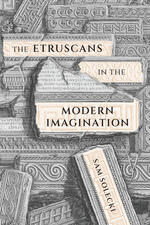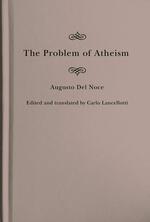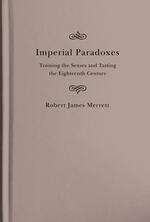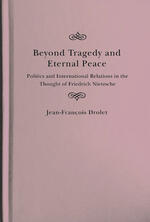McGill-Queen's Studies in the History of Ideas
Lines Drawn across the Globe
Around 1600, the English geographer and cleric Richard Hakluyt sought to honour his nation by publishing a compilation of every document he could find relating to its voyages and trade beyond the boundaries ...
Dying for France
In the past century Western attitudes toward the soldier’s death have undergone a remarkable transformation. Widely accepted at the time of the First World War – when nearly ten million soldiers died ...
Religion and the Post-revolutionary Mind
The French Revolution swept away the Old Regime along with many of its ideas about epistemology, history, society, and politics. In the intellectual ferment that followed, debates about religion figured ...
The Domination of Nature
Concern over ecological and environmental problems grows daily, and many believe we’re at a critical tipping point. Scientists, social thinkers, public officials, and the public recognize that failure ...
The Communion of the Book
The modern world was not created by the civilization of Renaissance Italy, the advent of the printing press, or the marriage restrictions imposed by the medieval church. Rather, it was widespread reading ...
The Etruscans in the Modern Imagination
The Etruscans, a revenant and unusual people, had an Italian empire before the Greeks and Romans did. By the start of the Christian era their wooden temples and writings had vanished, the Romans and the ...
The Problem of Atheism
In 1964, Augusto Del Noce assembled in a book some of his best works on Marxism, atheism, and the history of modern philosophy. The result was Il problema dell’ateismo, which he always regarded as foundational ...
Imperial Paradoxes
At war for sixty years, eighteenth-century Britain and France experienced demographic, social, and economic exchanges despite their imperial rivalry. Paradoxically, this rivalry spurred their participation ...
Attending
Attending – patient contemplation focused on a particular being – is a central ethical activity that has not been recognized by any of the main moral systems in the European philosophical tradition. ...
Beyond Tragedy and Eternal Peace
As a German philosopher, cultural critic, composer, poet, philologist, and scholar of Latin and Greek, Friedrich Wilhelm Nietzsche has exerted a profound influence on modern intellectual history. Beyond ...
